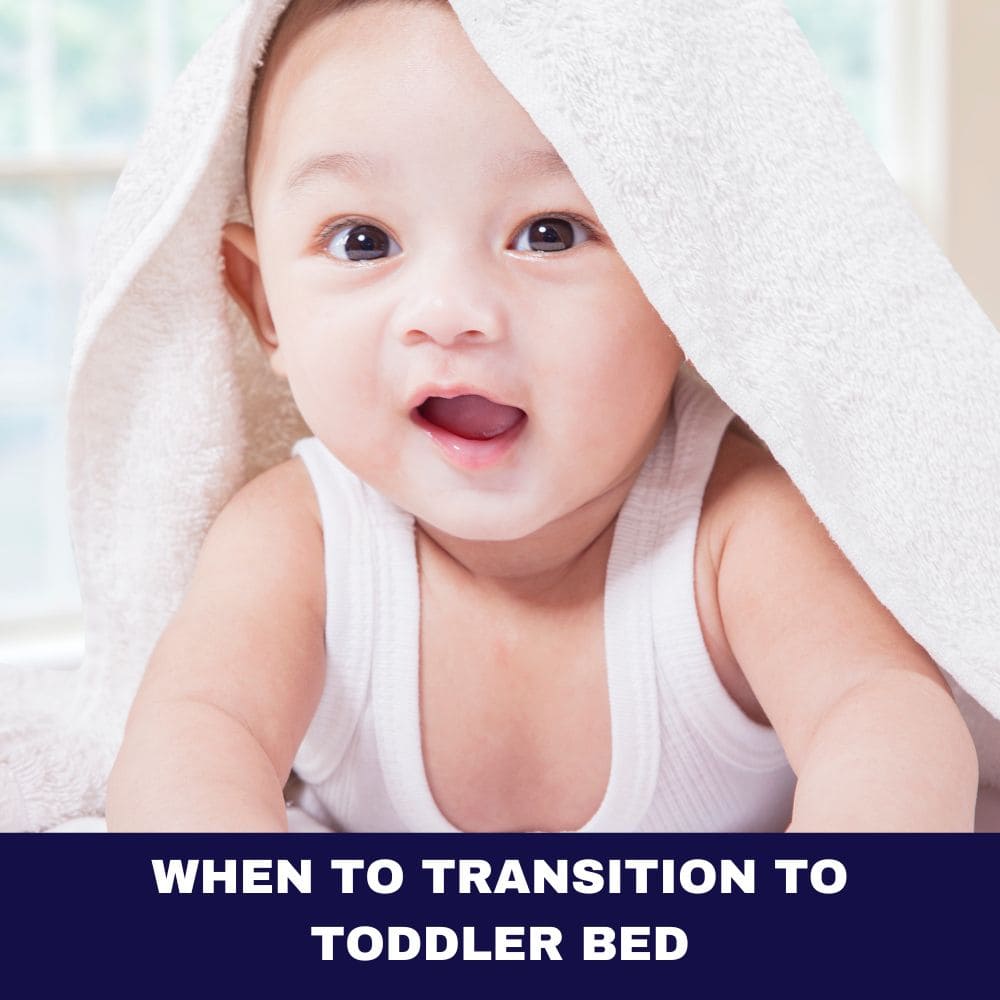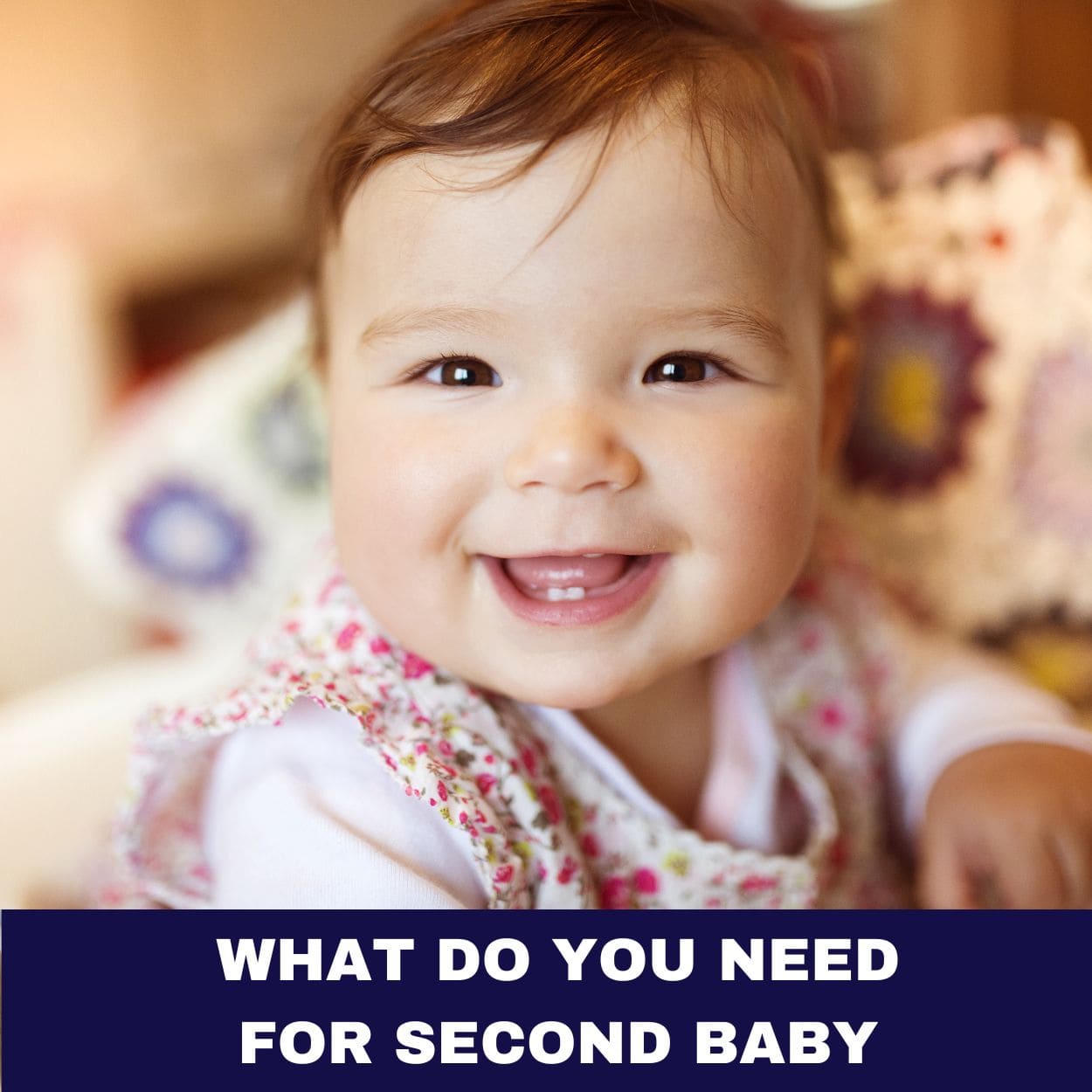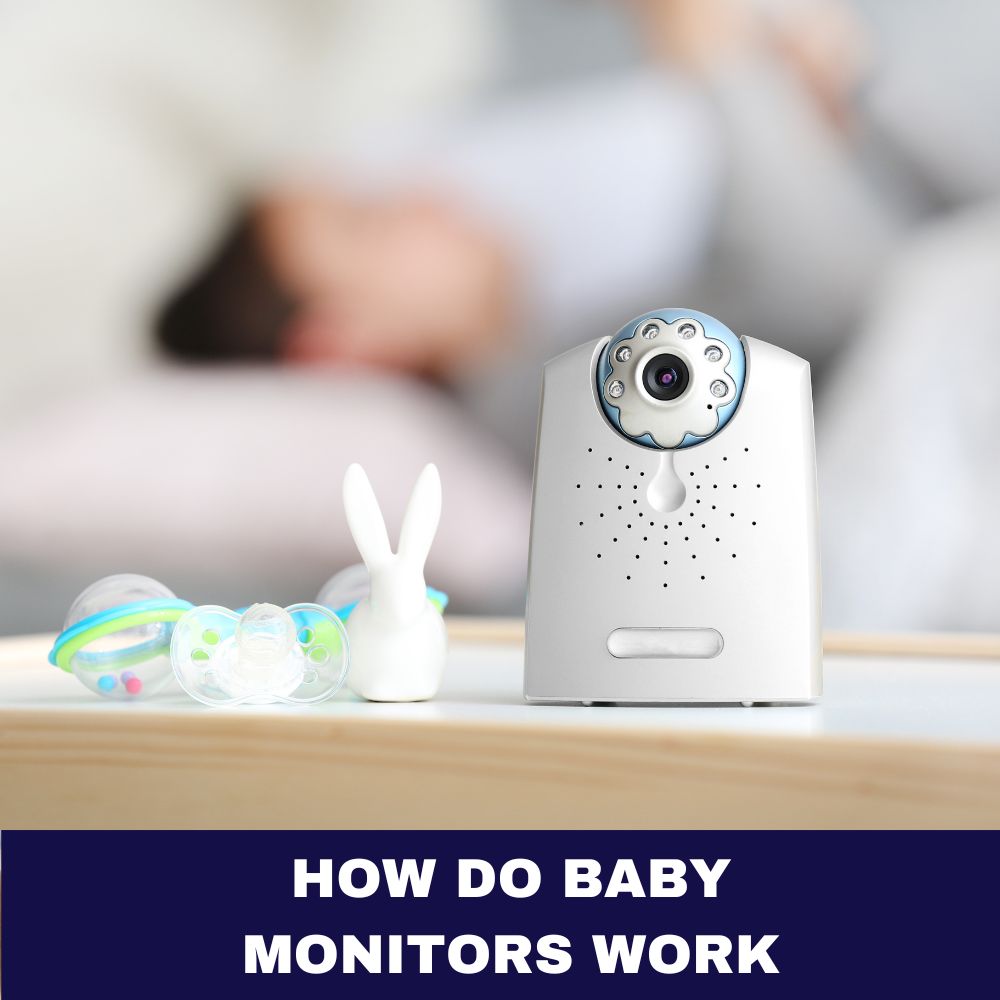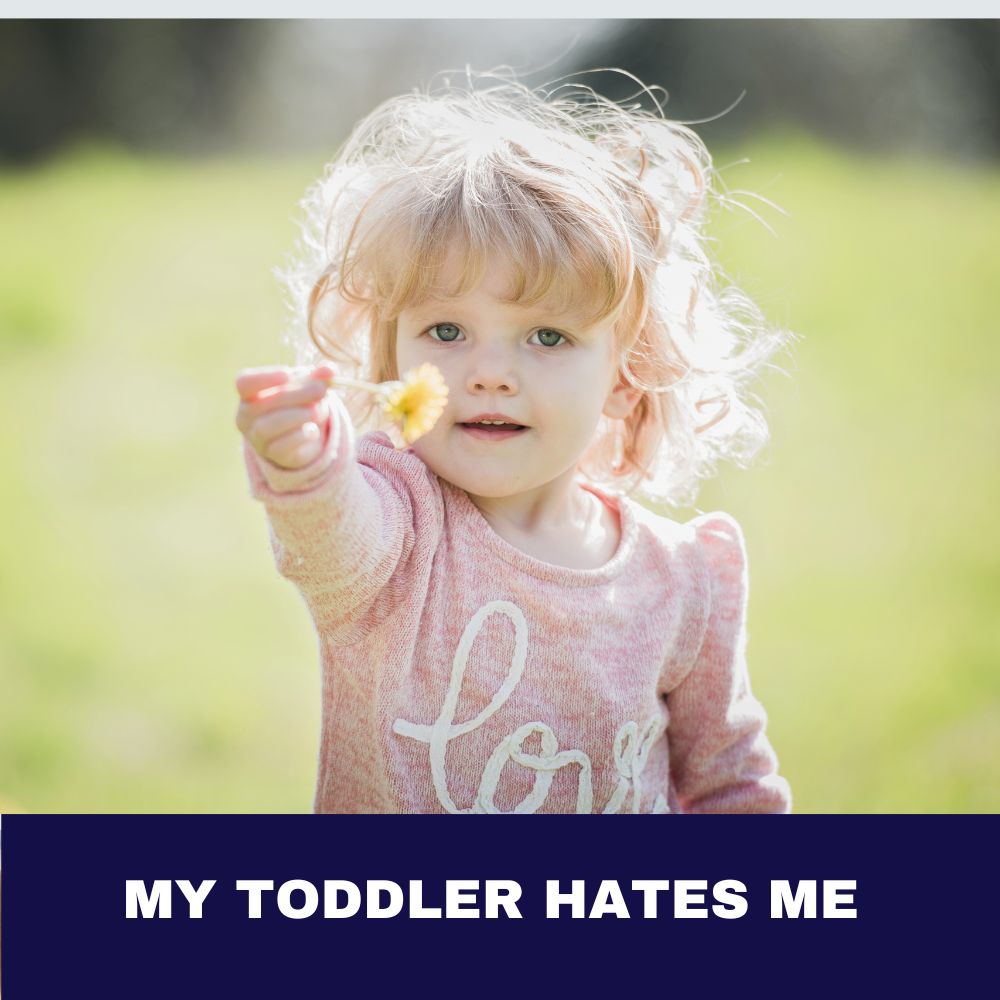One of the most confounding yet adorable sights for new parents is their precious little one’s tendency to rub their face persistently. It’s a behavior that can leave moms and dads scratching their heads, wondering what could be causing such a quirky habit. Well, fear not, dear reader! In this comprehensive guide, we’ll unveil the astonishing triggers behind your baby’s face-rubbing antics and equip you with the knowledge to address it like a pro. So, let’s dive in and unravel the mystery of “Baby Keeps Rubbing Face: 9 Astonishing Triggers Unveiled.”
Why Does My Baby Keep Rubbing Their Face?
Imagine your sweet cherub, eyes wide with wonder, tiny fingers relentlessly massaging their delicate cheeks. It’s an endearing sight, but one that can quickly raise concerns. Fret not, for this behavior is often a perfectly normal response to a variety of stimuli, ranging from skin irritations to developmental milestones.

Skin Irritations and Allergies
A baby’s skin is incredibly delicate and sensitive, making it prone to irritations and allergic reactions. Common culprits include fabrics, detergents, or even environmental factors like dust or pollen. When their skin feels itchy or uncomfortable, rubbing can provide temporary relief.
One of the most common skin conditions in infants is eczema, a chronic inflammatory condition that causes dry, itchy patches. Contact dermatitis, an allergic reaction to certain materials or substances, can also lead to skin irritation and subsequent face rubbing.
If you suspect your little one’s face-rubbing is due to skin irritation, try to identify and eliminate potential triggers. Switching to hypoallergenic or fragrance-free products, using gentle moisturizers, and consulting a pediatrician can help alleviate the discomfort.
Next-step advice: Keep a log of when your baby rubs their face, noting any potential triggers or patterns. This information can help your pediatrician pinpoint the cause and recommend appropriate treatment.
Teething Discomfort
Ah, teething – the bane of many a parent’s existence! When those little teeth start erupting through the gums, it can cause significant discomfort for your baby. As a result, they may instinctively rub their cheeks, gums, or even ears in an attempt to alleviate the pressure and pain.
During the teething process, your baby’s gums may feel swollen, tender, and downright uncomfortable. The urge to rub or gnaw on something can provide temporary relief from the aching sensation.
To help soothe your teething tot, consider offering safe, chilled teething toys or applying gentle pressure with a clean finger on the affected area. Additionally, consult your pediatrician about appropriate pain relief options, like over-the-counter medication or numbing gels.
Next-step advice: Keep an eye on your baby’s teething progress and be prepared with an arsenal of soothing techniques. A teething chart or app can help you track when new teeth are likely to emerge, so you can anticipate and prepare for potential discomfort.
| Teething Symptoms | Soothing Remedies |
| Drooling | Offer a clean, cool teething ring or cloth to gnaw on |
| Rash or facial rash | Apply a gentle, fragrance-free moisturizer |
| Swollen, tender gums | Gently massage gums with a clean finger or cold, damp washcloth |
| Ear pulling or rubbing | Try over-the-counter pain relief medication (with pediatrician’s approval) |
| Fussiness or irritability | Provide extra cuddles and comfort |
| Disrupted sleep patterns | Establish a calming bedtime routine |
Hunger or Fatigue Cues
Babies have their own unique ways of communicating their needs, and face rubbing can be one of those subtle cues. Sometimes, your little one might rub their face to signal hunger or tiredness, even before they start crying or fussing.
When a baby is hungry, they may rub their face or mouth in an attempt to soothe the discomfort or express their desire for nourishment. Similarly, fatigue can cause them to rub their eyes or face, a behavior many adults can relate to when feeling sleepy.
If your baby starts rubbing their face and you suspect hunger or fatigue, try offering a feeding or putting them down for a nap. Pay attention to their cues and respond accordingly, as addressing these needs promptly can help prevent further discomfort or fussiness.
Next-step advice: Establish a routine for feeding and nap times, and watch for your baby’s unique hunger and fatigue cues. This can help you anticipate their needs and respond before the face rubbing escalates.
| Hunger Cues | Fatigue Cues |
| Sucking motions or rooting | Rubbing eyes or face |
| Fussing or crying | Yawning or stretching |
| Opening and closing mouth | Losing interest in activities |
| Putting hands or fists in mouth | Becoming clingy or fussy |
| Head bobbing or turning | Decreased activity or responsiveness |
| Smacking or licking lips | Difficulty staying awake |
Developmental Milestones and Self-Soothing
As babies grow and develop, they go through various milestones, including the exploration of their senses and the development of self-soothing techniques. Face rubbing can be a part of this natural process.
During the early months, babies may rub their faces as a way to stimulate their senses and discover the world around them. They might be fascinated by the textures of their skin or the sensations they experience when touching their face.
As they grow older, face rubbing can become a form of self-soothing behavior. When feeling overwhelmed or distressed, some babies may instinctively rub their face as a way to calm themselves down and find comfort.
While this behavior is perfectly normal, it’s essential to monitor your baby to ensure they’re not causing unintentional harm or developing habits that could lead to skin irritation or infections.
Next-step advice: Encourage your baby’s exploration and self-soothing techniques, but also provide them with safe alternatives, such as soft toys or blankets, to rub and cuddle when feeling distressed.
Ear Infections or Discomfort
Ear infections can be a common and distressing experience for babies, often causing significant discomfort and pain. When suffering from an ear infection or fluid buildup, your little one may instinctively rub their face or tug at their ears in an attempt to alleviate the pressure and discomfort.
Ear infections can be caused by various factors, including colds, allergies, or even teething. Symptoms may include fussiness, fever, difficulty sleeping, and, of course, excessive face or ear rubbing.
If you suspect your baby might have an ear infection, it’s crucial to seek medical attention promptly. Left untreated, ear infections can lead to potential complications and prolonged discomfort.
Next-step advice: Be vigilant for signs of ear discomfort, such as excessive face or ear rubbing, and consult your pediatrician if you suspect an ear infection. Early treatment can help prevent further complications and provide relief for your little one.
Dry Skin or Chapped Lips
Just like adults, babies can experience dry, flaky skin or chapped lips, which can be incredibly irritating and uncomfortable. When their delicate skin feels tight or their lips are cracked, they may instinctively rub their face in an attempt to soothe the discomfort.
Dry skin can be caused by various factors, including cold weather, low humidity, or even frequent bathing. Chapped lips, on the other hand, can result from dehydration, licking their lips, or exposure to harsh elements.
To alleviate dry skin and chapped lips, consider using gentle, fragrance-free moisturizers or lip balms specifically formulated for babies. Additionally, ensure your little one is getting enough hydration and limit their exposure to harsh environmental conditions.
Next-step advice: Incorporate a gentle moisturizing routine into your baby’s daily care, paying special attention to areas prone to dryness or chapping. Consult your pediatrician if the dryness persists or worsens, as they may recommend additional treatments or remedies.

Potential Risks of Eye Rubbing
While face rubbing is generally harmless, excessive rubbing around the eyes can pose some risks. Here are a few potential concerns to be aware of:
- Generally harmless if due to tiredness: If your baby rubs their eyes when sleepy, it’s usually nothing to worry about.
- Potential risk if related to undiagnosed irritation or infection: However, if eye rubbing is accompanied by redness, discharge, or other signs of irritation or infection, it could indicate an underlying condition that requires medical attention.
- How to deal with eye rubbing for different causes: For tiredness, ensure your baby gets enough rest. For irritation or infection, gently clean the area and consult your pediatrician if symptoms persist.
Reflux or Digestive Discomfort
Gastroesophageal reflux disease (GERD) or other digestive issues can be a source of discomfort for babies, prompting them to rub their face as a response to the discomfort they’re experiencing.
Reflux occurs when stomach contents, including acid, travel back up into the esophagus, causing a burning sensation or discomfort. Babies with GERD may experience frequent spitting up, fussiness, or even refusal to eat due to the associated pain.
Other digestive issues, such as constipation or gas, can also cause discomfort and lead to face rubbing as your baby attempts to soothe themselves.
If you suspect your little one’s face rubbing is related to reflux or digestive discomfort, consult your pediatrician. They may recommend lifestyle changes, dietary adjustments, or medication to help alleviate the discomfort and address the underlying issue.
Environmental Factors and Sensory Stimuli
Babies are incredibly sensitive to their environments, and certain factors or stimuli can trigger face rubbing as a response or coping mechanism. From bright lights and loud noises to unfamiliar textures and smells, these sensory inputs can sometimes overwhelm your little one’s developing senses.
Bright lights, for instance, can cause eye strain or discomfort, leading your baby to rub their eyes or face in an attempt to block out the brightness. Loud noises or sudden sounds can also startle them, prompting a similar face-rubbing response as they seek comfort.
Additionally, certain textures or fabrics may feel unfamiliar or uncomfortable against your baby’s delicate skin, causing them to rub their face in an attempt to alleviate the sensation.
Creating a soothing environment for your little one can help minimize these triggers. Dimming the lights, reducing noise levels, and using soft, gentle fabrics can all contribute to a more comfortable and calming space for your baby.
Next-step advice: Pay attention to your baby’s reactions to different environmental stimuli and make adjustments accordingly. Consider investing in blackout curtains, white noise machines, or soft, breathable fabrics to create a peaceful, soothing space for your little one.
When to Seek Medical Advice
While face rubbing is a common and often harmless behavior in babies, there are certain instances when it’s advisable to seek medical attention:
- Persistent or excessive rubbing: If your baby is rubbing their face excessively or persistently, to the point of causing skin irritation or injury, it’s best to consult your pediatrician to rule out any underlying medical conditions.
- Accompanying symptoms: If the face rubbing is accompanied by other concerning symptoms, such as fever, rash, discharge, or unusual fussiness, it’s essential to seek medical advice to identify and address the root cause.
- Developmental delays: If your baby’s face rubbing seems excessive or unusual for their age, or if you notice any developmental delays or concerns, it’s crucial to discuss these with your pediatrician.
- Suspected allergies or infections: If you suspect your baby’s face rubbing is related to an allergic reaction, skin infection, or eye irritation, consulting a medical professional can help determine the appropriate course of treatment.
Remember, while face rubbing is often harmless, it’s always better to err on the side of caution when it comes to your baby’s health and well-being.
Baby Scratching Face: Why Does It Happen and How to Prevent It?
In addition to face rubbing, some parents may also notice their little ones scratching their faces, unintentionally causing redness, irritation, or even minor abrasions. This behavior can be concerning, but understanding the underlying causes can help you address it effectively.
Uncontrolled Movements
Newborn babies are still developing their motor skills and coordination, which can lead to uncontrolled movements and reflexes. As a result, they may accidentally scratch their faces with their tiny, but surprisingly sharp, nails.
Skin Irritation or Itchiness
Just like face rubbing, skin irritations or allergic reactions can cause itchiness, prompting your baby to scratch their face for relief. This can exacerbate the issue and cause further irritation or even infections.
Sharp Baby Nails
Even with their soft, delicate skin, babies’ nails can be surprisingly sharp and jagged, especially if not trimmed regularly. These sharp edges can easily scratch their faces during regular movements or while exploring their surroundings.
To prevent excessive face scratching, consider the following tips:
Give Them a Nail Trim
Keeping your baby’s nails trimmed and filed can significantly reduce the risk of accidental scratches. Use baby-safe nail clippers or scissors, and be gentle, as their nails can be delicate.
Use Mittens and/or Swaddles
Soft mittens or swaddles can act as a barrier, preventing your baby’s nails from coming into direct contact with their face. This can be especially helpful during the newborn stage when their movements are less controlled.
Try Treatments for Itchy or Irritated Skin
If skin irritation or allergies are causing the itchiness that leads to scratching, explore gentle remedies like fragrance-free moisturizers, oatmeal baths, or consulting a pediatrician for severe cases. Addressing the root cause can help alleviate the urge to scratch.
Takeaway
Face rubbing and scratching are common behaviors in babies, often related to various developmental stages, sensory experiences, or discomforts. By understanding the potential triggers and implementing preventive measures, you can help ensure your little one’s comfort and safety.
Remember, every baby is unique, and what works for one may not work for another. Stay attentive to your baby’s cues, consult with your pediatrician if concerns arise, and trust your parental instincts. With patience, understanding, and a little bit of creativity, you can navigate these quirky behaviors and enjoy the precious moments with your little one.
FAQ – Baby Keeps Rubbing Face
Is it normal for my baby to rub their face frequently
Yes, it is completely normal and common for babies to rub their faces frequently. Face rubbing is a natural behavior that can stem from various reasons, such as skin irritations, teething discomfort, hunger or fatigue cues, developmental milestones, ear infections, dry skin, eye irritations, reflux, or environmental factors. It’s a way for babies to communicate their discomfort or explore their senses. However, if the face rubbing seems excessive or is accompanied by other concerning symptoms, it’s best to consult your pediatrician.
Can face rubbing harm my baby?
In most cases, face rubbing is harmless and does not pose a significant risk to your baby. However, excessive rubbing or scratching can lead to skin irritation, rashes, or even minor abrasions. It’s important to monitor the behavior and address any underlying causes to prevent further discomfort or skin issues. Additionally, if your baby rubs their eyes excessively, it can potentially lead to eye infections or other eye-related problems.
How can I prevent my baby from scratching their face?
To prevent your baby from scratching their face, consider the following tips:
- Keep your baby’s nails trimmed and filed regularly to minimize accidental scratches.
- Use soft mittens or swaddles to cover your baby’s hands and prevent direct contact with their face.
- Address any skin irritations or itchiness by using gentle, fragrance-free moisturizers, oatmeal baths, or consulting your pediatrician for severe cases.
- Provide safe, soft toys or blankets for your baby to rub or gnaw on as an alternative to scratching their face.
What should I do if my baby’s face rubbing is accompanied by other symptoms?
If your baby’s face rubbing is accompanied by other concerning symptoms, such as fever, rash, discharge, excessive fussiness, or developmental delays, it’s essential to consult your pediatrician promptly. These additional symptoms may indicate an underlying medical condition that requires professional evaluation and treatment.
Can face rubbing be a sign of hunger or fatigue?
Yes, face rubbing can be a subtle cue that your baby is hungry or tired. Babies often use non-verbal cues to communicate their needs, and face rubbing is one of them. If your baby starts rubbing their face or mouth, it may signify hunger. Similarly, rubbing their eyes or face can be a sign of fatigue or sleepiness. Pay attention to these cues and respond accordingly by offering a feeding or putting your baby down for a nap.












